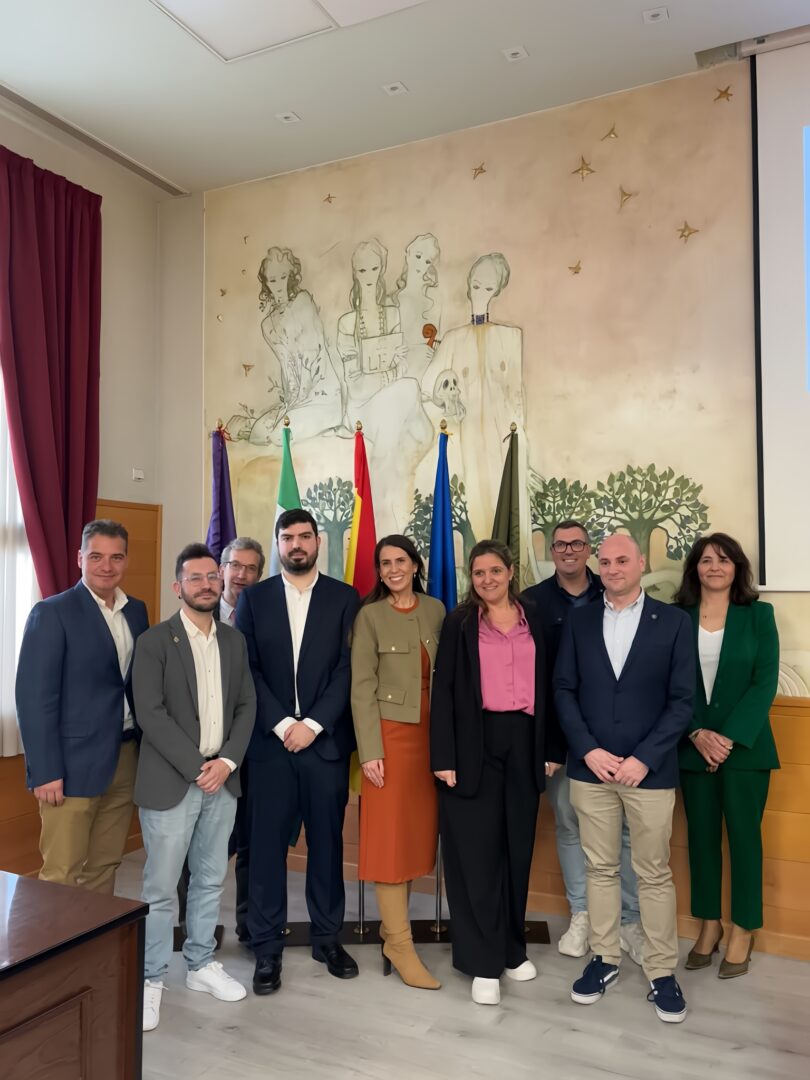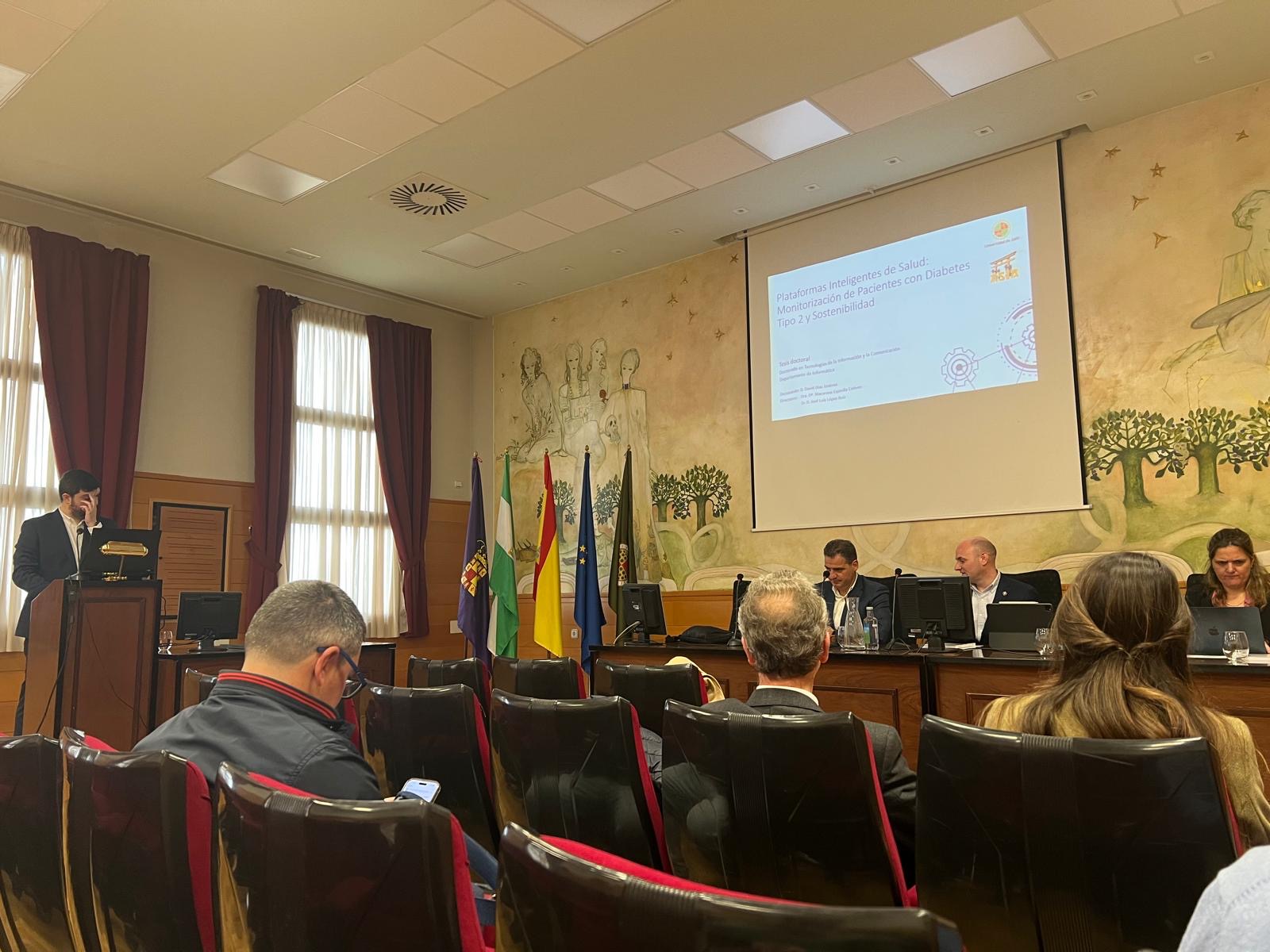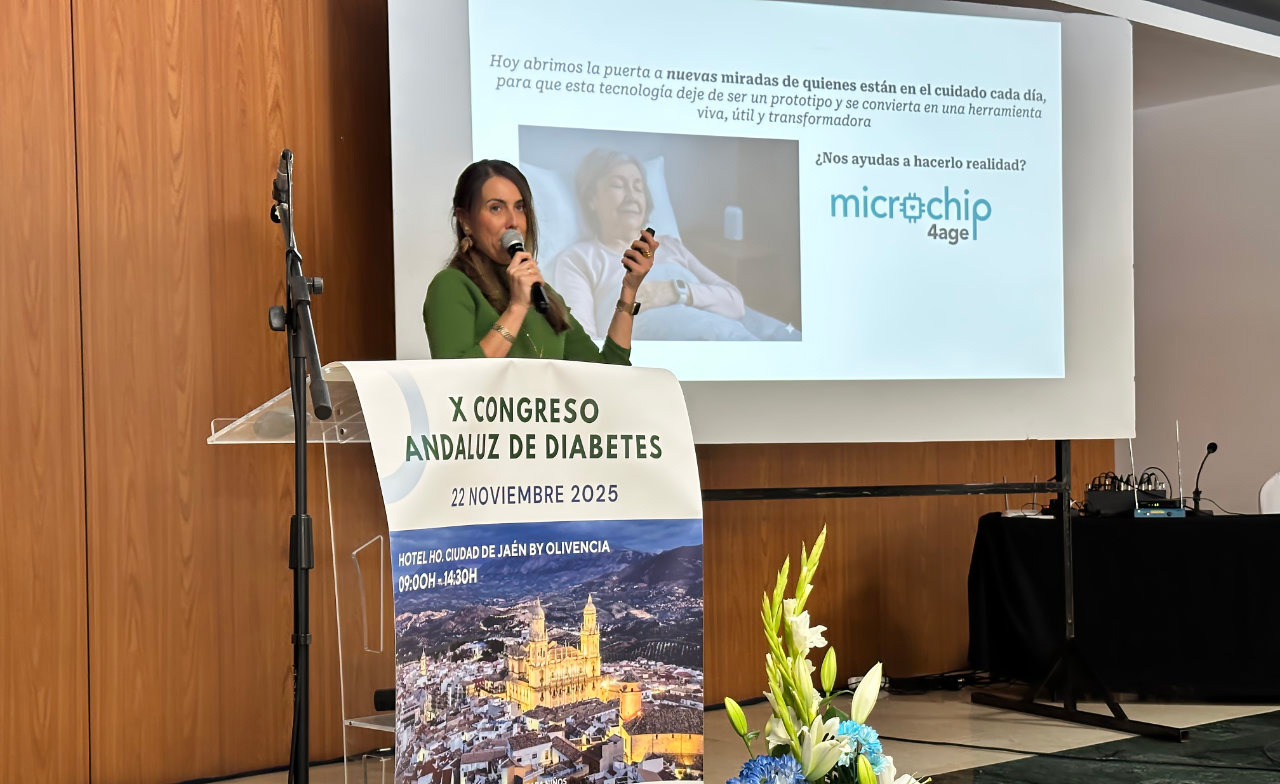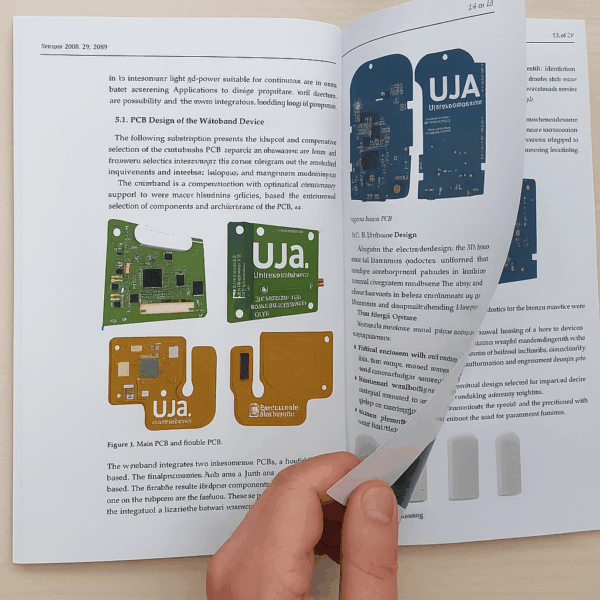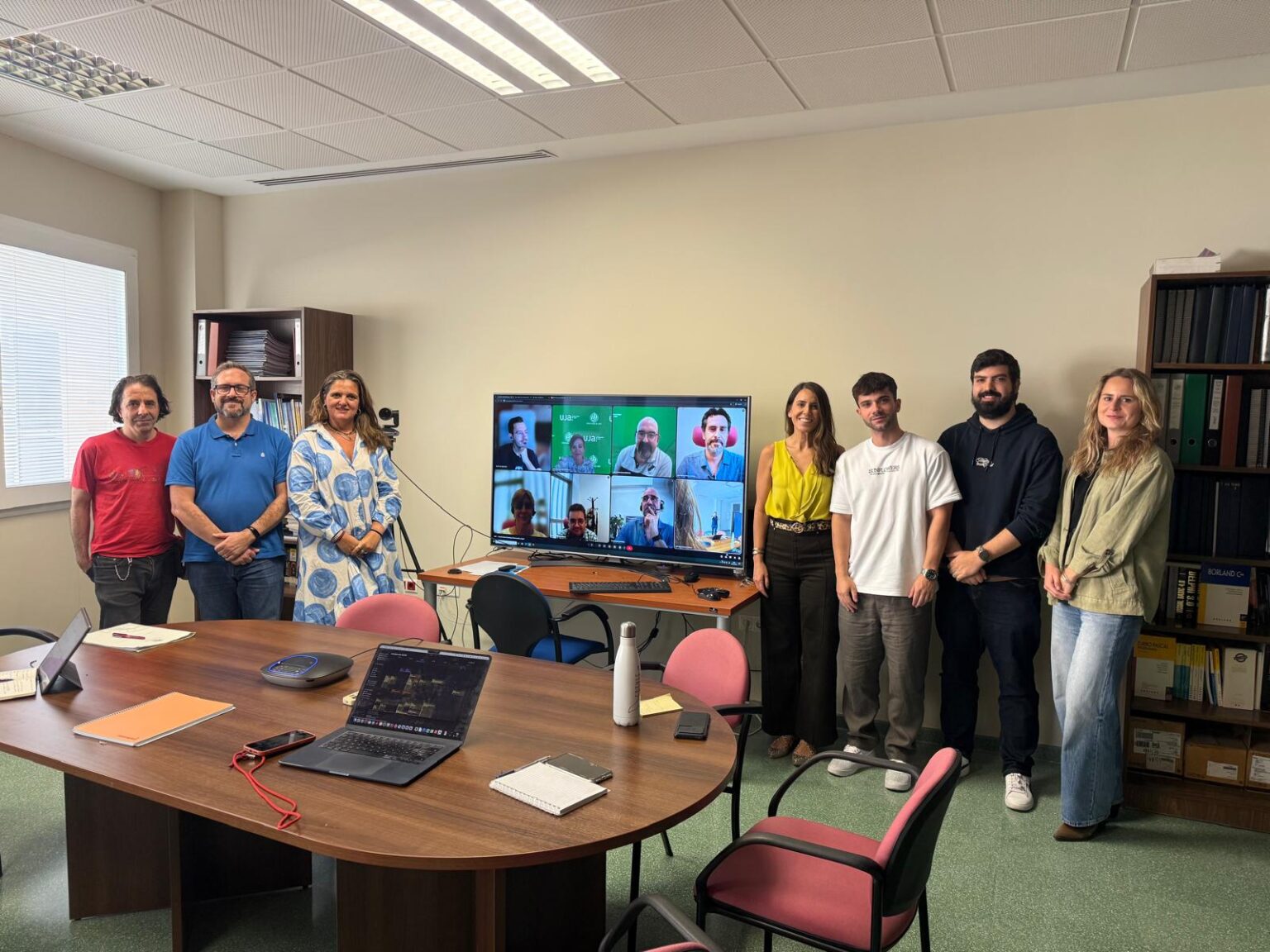The research, conducted by PhD candidate David Díaz Jiménez and supervised by Dr. Macarena Espinilla and Dr. José Luis López, presents an advanced methodology for recognizing behaviors in the homes of chronic patients, validated in collaboration with healthcare professionals in Cabra (Córdoba).
Jaén, 13/02/2025 – Researcher David Díaz Jiménez, employed under the framework of the MicroChip4Age project at the University of Jaén, has successfully defended his PhD thesis entitled “Intelligent Health Platforms: Monitoring Patients with Type 2 Diabetes and Sustainability”, as part of the university’s Doctoral Program in Information and Communication Technologies.
The thesis, supervised by Dr. Macarena Espinilla Estévez and Dr. José Luis López Ruiz—both members of the MicroChip4Age team—addresses methodological advancements in recognizing activities and behaviors related to therapeutic adherence in the homes of patients with type 2 diabetes. The work proposes a comprehensive architecture—AI2EPD—which integrates environmental sensors, wearable devices, and indoor localization technologies such as UWB and BLE, combined with hybrid artificial intelligence models based on fuzzy logic.
Applied research validated in real-life settings
One of the most notable aspects of the thesis is its validation in real-world environments: several sensor-equipped homes of diabetes patients in Cabra (Córdoba), where pilot testing was conducted in collaboration with the Matrona Antonia Mesa Fernández Health Center. Among the attendees at the defense was Dr. Jesús López Lama, family physician at the center and an active collaborator in the MicroChip4Age project, along with other healthcare professionals involved in system deployment and evaluation.
The thesis introduces a participatory methodology that involves patients, healthcare staff, and technology experts throughout the design and validation process, ensuring an approach that is applicable, ethical, and respectful of privacy. It also includes an analysis of the system’s sustainability in relation to the Sustainable Development Goals (SDGs) of the 2030 Agenda.
A contribution to the technological core of MicroChip4Age
This doctoral work strengthens the MicroChip4Age research line focused on AI for connected health, especially for monitoring older adults and chronic patients. The developed platforms, algorithms, and methodologies have high scalability potential, with future applications in residential care facilities, hospitals, and underserved rural areas.
The successful defense of this thesis marks an academic and scientific milestone for the project team, demonstrating the value of proximity-based technological research that is aligned with real-world healthcare needs and aimed at improving quality of life within the home.
